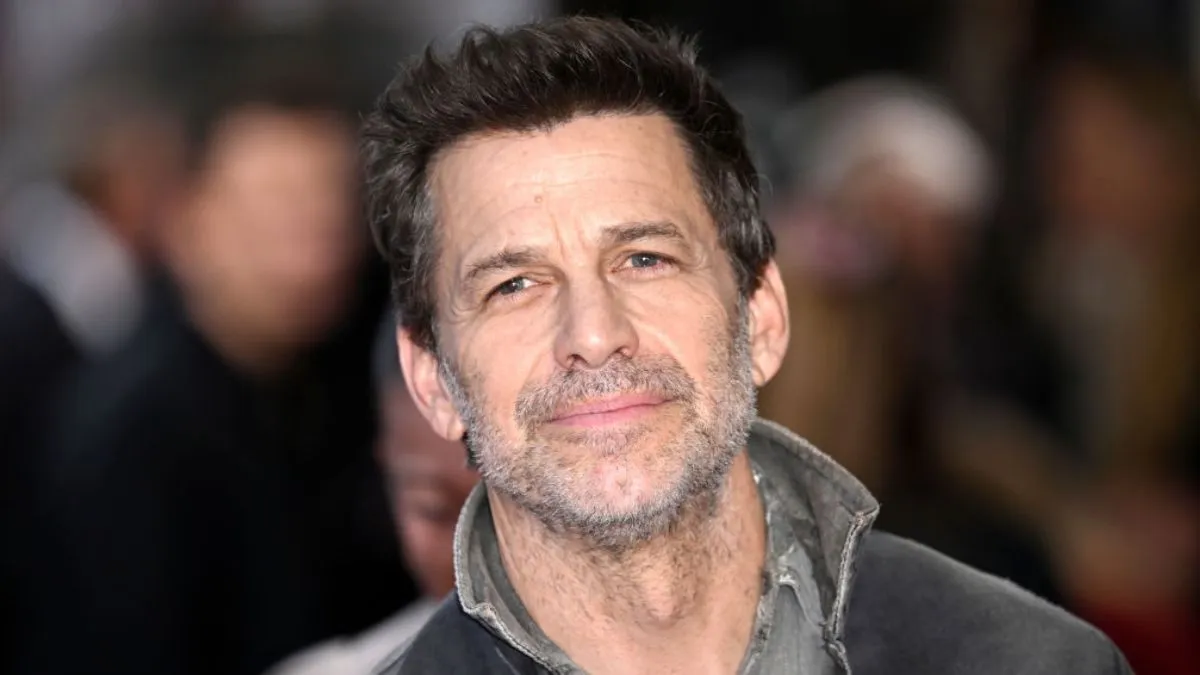When it comes to Zack Snyder, people tend to have very strong opinions about him: you either think he’s a brilliant filmmaker deserving of all the praise or you’re ready to criticize him at every turn. There doesn’t seem to be any in-between.
Snyder had a big vision when he set out to create a connected universe featuring DC’s legendary characters. For a time, it looked like he might actually succeed. Man of Steel introduced us to a more thoughtful and serious version of Superman, while Batman v Superman teased an epic clash between two of the most famous superheroes in the world.
However, things started to go off the rails. Snyder’s darker, more analytical take on these beloved characters began to rub fans the wrong way. Many were looking for a more traditional portrayal, and complaints poured in—some were minor (like, why is Superman always so sad?) while others were major (like, why is Batman okay with killing people?). Although Snyder’s style was undeniably visually striking, it increasingly felt disconnected from the essence of the comics that inspired it.
That said, Snyder has a loyal fanbase, many of whom would defend him fiercely or travel long distances to see him at comic conventions. So, when he recently shared his favorite comic book adaptation in an interview with Comicbook, it caught many by surprise.
His pick? Watchmen.
Yes, the 2009 film based on Alan Moore’s influential graphic novel about a group of deeply flawed and morally ambiguous “heroes” is Snyder’s favorite. This might seem odd at first, especially considering his extensive work with the DC Extended Universe. One might expect him to favor one of his blockbuster hits, especially since Man of Steel made over $600 million globally and Batman v Superman: Dawn of Justice pulled in a staggering $873 million. In contrast, Watchmen only earned $185 million on a $120 million budget.
There’s an amusing twist to Snyder’s choice, too. Watchmen is actually a more faithful adaptation of its source material compared to his other films. Snyder noted that he views his DCEU movies as adaptations of broader “ideas” connected to famous comic book characters, while he sees Watchmen as a direct translation of the comic book itself. He described Watchmen as “the cleanest, and kind of most satisfying” adaptation he’s worked on.
In Snyder’s own words, he believes that Watchmen represents a seamless transition from comic book to film, explaining, “I would have to say Watchmen, probably for me, just like the process of adaptation from comic book to movie design, all the things as we went from comic books to movie. I think Watchmen is like the cleanest, and kind of most satisfying, transition to adapted material.”
The story of Watchmen is set in an alternate history where costumed heroes are banned, and the U.S. is teetering on the edge of nuclear war with the Soviet Union. It follows a group of retired superheroes investigating the murder of one of their own, leading them to uncover a dangerous conspiracy that could spell doom for the world. What really sets it apart is its unflinching look at the darker side of superhero stories. These so-called “heroes” are not perfect; they’re complicated individuals grappling with moral dilemmas and the corrupting nature of power. In many ways, Watchmen captures the core themes that Snyder often explores in his films.
It makes sense that Snyder holds a special place in his heart for Watchmen. His upcoming project, Twilight of the Gods (set to be released on Netflix), is an animated series aimed at adults, and it promises to delve into similar dark themes that he loves to explore.


